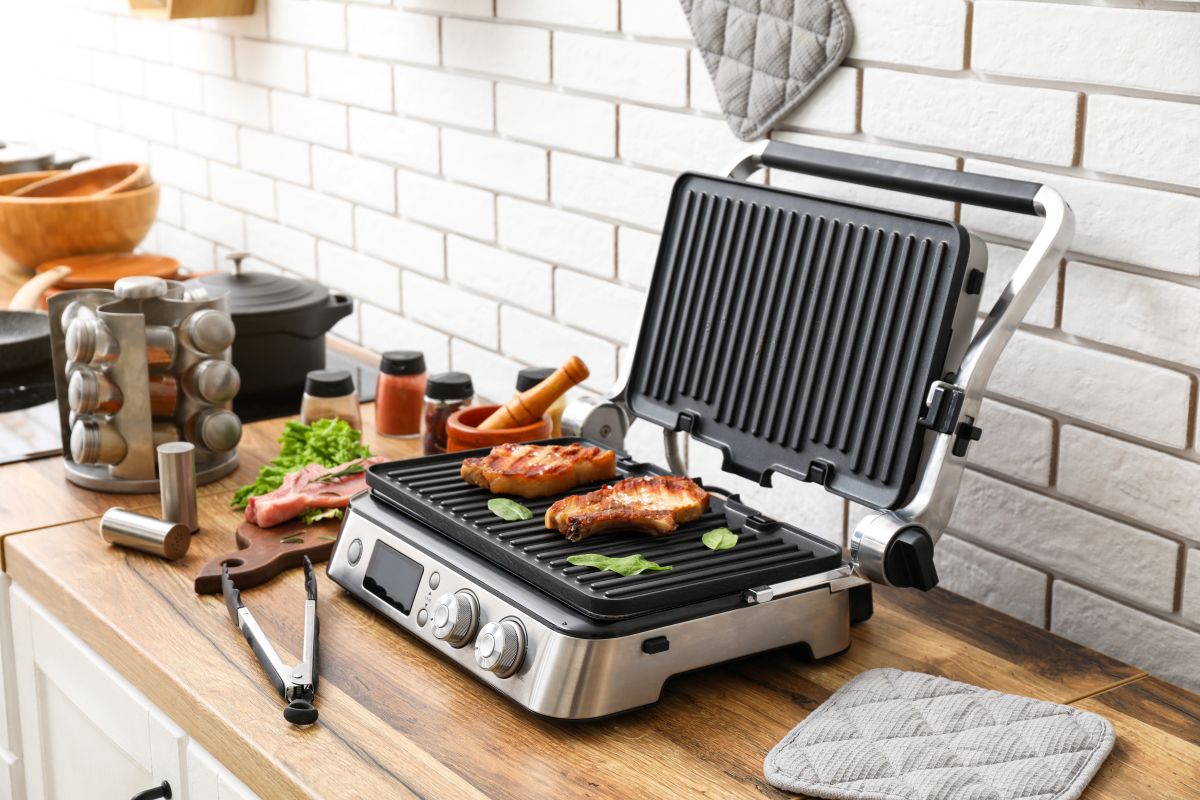The world is mourning the loss of George Foreman—a titan of sport, an icon of resilience, and a man whose legacy reached far beyond the boxing ring.
Born on January 10, 1949, in Marshall, Texas, Foreman’s path to greatness was anything but guaranteed. He grew up in Houston’s Fifth Ward, a tough neighborhood that shaped his early life. After joining the Job Corps at 16, he discovered boxing—and a life-altering purpose.
Foreman rocketed to global fame by winning Olympic gold in the heavyweight division at the 1968 Mexico City Games. He turned professional in 1969 and quickly became one of the most feared punchers in the sport. In 1973, he stunned the boxing world by defeating Joe Frazier in just two rounds to claim the heavyweight championship. His dominance seemed unstoppable—until he faced Muhammad Ali in 1974’s legendary “Rumble in the Jungle” in Zaire. There, Ali’s rope-a-dope strategy handed Foreman his first defeat in an unforgettable eighth-round knockout.
That loss triggered a period of personal transformation. Foreman retired from boxing in 1977, following a spiritual awakening after a match against Jimmy Young. He became an ordained minister, preaching in Houston and working with at-risk youth. But the fighter in him never disappeared. In 1987, at the age of 38, he began a comeback few believed possible. And in 1994, at 45 years old, he reclaimed the heavyweight title by defeating Michael Moorer, becoming the oldest heavyweight champion in history—a record that still stands.
Though boxing built his name, it was business and branding that cemented his legend. In the mid-1990s, Foreman partnered with Salton, Inc. to endorse what would become the George Foreman Lean Mean Fat-Reducing Grilling Machine. His authenticity, charm, and real-life health journey made the grill a runaway success. More than 100 million units were sold worldwide. Foreman’s earnings from the endorsement—reportedly over $200 million—far exceeded his total boxing purses.
Behind that success was a masterclass in intellectual property. Foreman turned his name into a powerful brand, protected by an extensive network of trademarks and licensing agreements. His legal team secured trademarks not only for “George Foreman” but also for key product lines like “Lean Mean Fat-Reducing Grilling Machine,” “George Foreman’s Knock-Out Pain Relief,” and “George Foreman’s Butcher Shop.” These registrations allowed his brand to extend into wellness, food, kitchen appliances, and lifestyle products, ensuring that the trust built in the ring carried over to consumers’ everyday lives.
He didn’t just lend his name to products—he licensed it with care. Rather than building companies from the ground up, he partnered with trusted firms through royalty-based agreements that scaled efficiently while protecting the integrity of his brand. He also understood the power of his own story, safeguarding his image through personality rights and exercising control over how his likeness was used.
That control extended to film and television as well. Foreman appeared as himself in several productions, including the 1977 film The Greatest (starring Muhammad Ali), and was a prominent voice in the 1996 Oscar-winning documentary When We Were Kings, which revisited the epic Ali-Foreman bout in Zaire. He lent his voice to popular shows like The Simpsons and King of the Hill, and even hosted George Foreman’s Knock-Out Talk Show in the 1990s. Each appearance reflected careful management of his image and intellectual property—ensuring every project aligned with the persona he had so thoughtfully crafted.
In 2023, Sony Pictures released Big George Foreman, a biopic chronicling his extraordinary life. Foreman served as executive producer, exercising not just creative oversight but also protecting his life story rights—a valuable and often overlooked form of IP that grants public figures control over how their stories are told and commercialized. It was another example of his long-standing commitment to protecting and leveraging the value of his personal brand.
At home, Foreman was the proud father of 12 children—five sons famously named George. He often joked it was to ensure they could all share in the fame, but it was also a gesture of unity and legacy. His humor, faith, and unshakable optimism made him not just respected, but beloved.
George Foreman passed away on March 21, 2025, at the age of 76. He leaves behind not just trophies and title belts, but a brand built on trust, transformation, and the courage to evolve. He showed the world how to rise, fall, and rise again—not only in sport, but in business, in media, and in life.
His name will live on through the millions of grills still in kitchens around the world, in the families inspired by his comeback, and in the legacy of how a boxer became a global brand icon. Rest easy, Champ. Your fight was never just in the ring—it was for your name, your story, and the belief that greatness can begin again at any moment. And you won.




